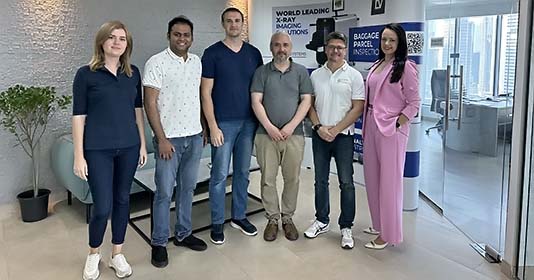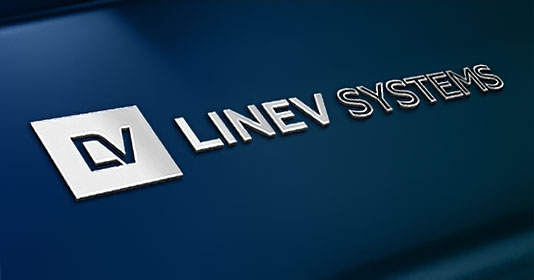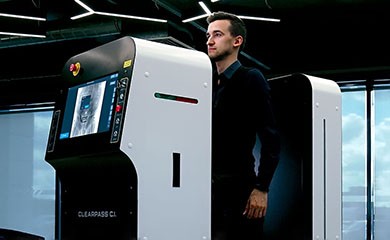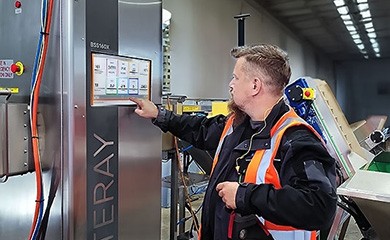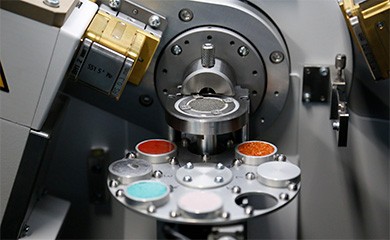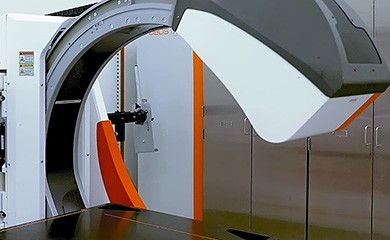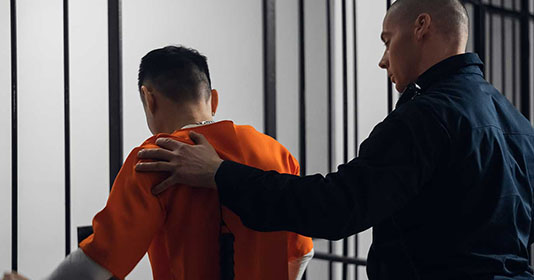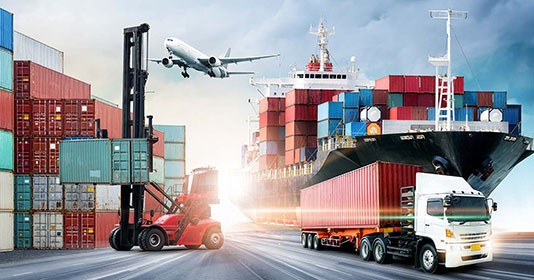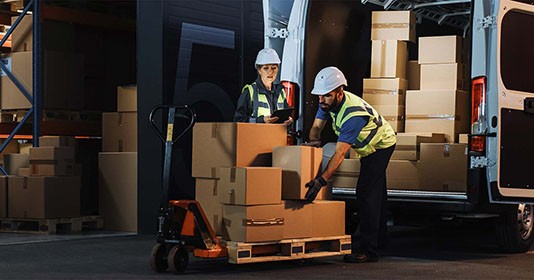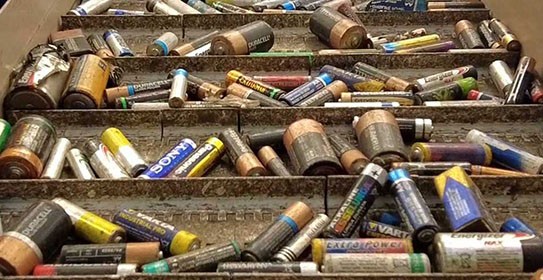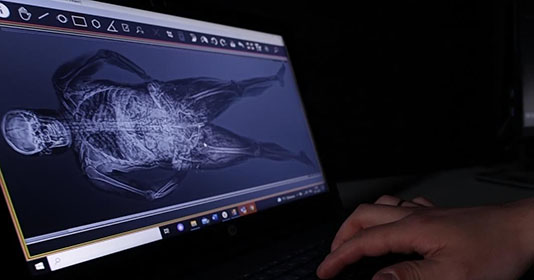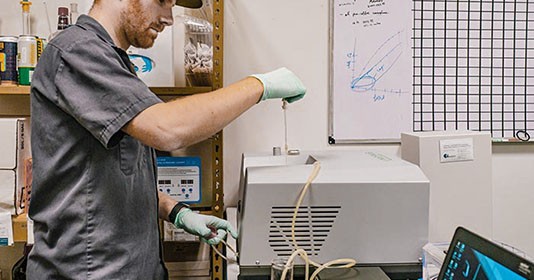
Vehicle Scanners at Sharm El-Sheikh
Experience from the Use of Vehicle Scanners at Sharm El-Sheikh, EGYPT
Introduction
Sharm El-Sheikh (meaning “Bay of the Sheikh”) is one of the most important and most famous tourist resorts in south Sinai and on the Red Sea. Its strategic importance led to its transformation from a fishing village into a major port and naval base for the Egyptian Navy. Now, the city is a significant centre for tourism in Egypt, it’s also attracting many international conferences and diplomatic meetings.
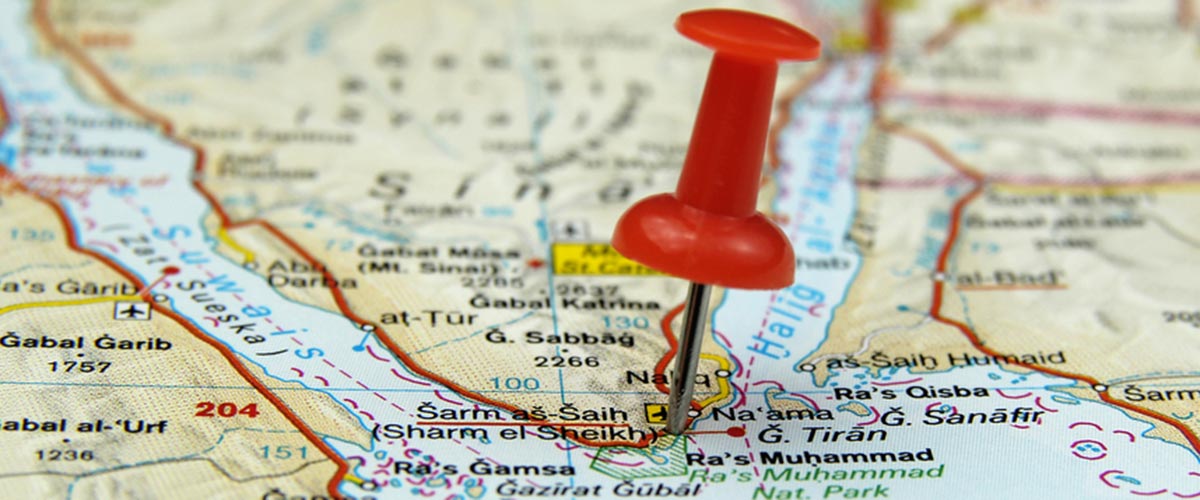
Sharm El-Sheikh
Egypt’s tourism sector, making up approximately 12 percent of the country’s economy, has experienced a significant slump in the last few years. After a number of tragic events, the city was forced to surround itself by a wire and concrete fence 22 miles long and 20 feet high. The construction of the wall was to ensure the security, and protection of tourists and residents of Sharm El-Sheikh.
Now, anyone entering the city by road needs to pass through one of four security gates dotted along the wall, which is guarded and manned by the police.
The main purpose of these checkpoints is to mitigate the smuggling of weapons and explosives, which in turn helps to prevent future incidents. As well as drugs, which have been a big problem for many years in this region, these checkpoints help to monitor any potential threats to the city.
Technology
Our world is developing rapidly, and the transportation industry plays a key role in connecting the world for both people and cargo. Sometimes, for several reasons, some connection points need to have vehicle and cargo control. Traditionally, check-points were only used for the checking of documents, and involved a quick visual inspection of the vehicles. Unfortunately, rough checks, corruption and human factors can’t guarantee appropriate safety.
Nowadays there are many different technologies, and for the inspection of vehicles and cargo, different X-ray screening technologies are used:
- Transmission technology (or «Tx»), when sensors measure the value of X-ray photons that penetrate the inspected objects
- Back-scatter technology (or «Bx»), when sensors measure photons that are scattered as a reflection from the transmission signal
“Bx” technology is great, however, it’s only suitable for the searching of objects that are hidden very close to the “body’s” outer surfaces, so in this case “Tx” X-ray technology was chosen by government security consultants in Egypt.
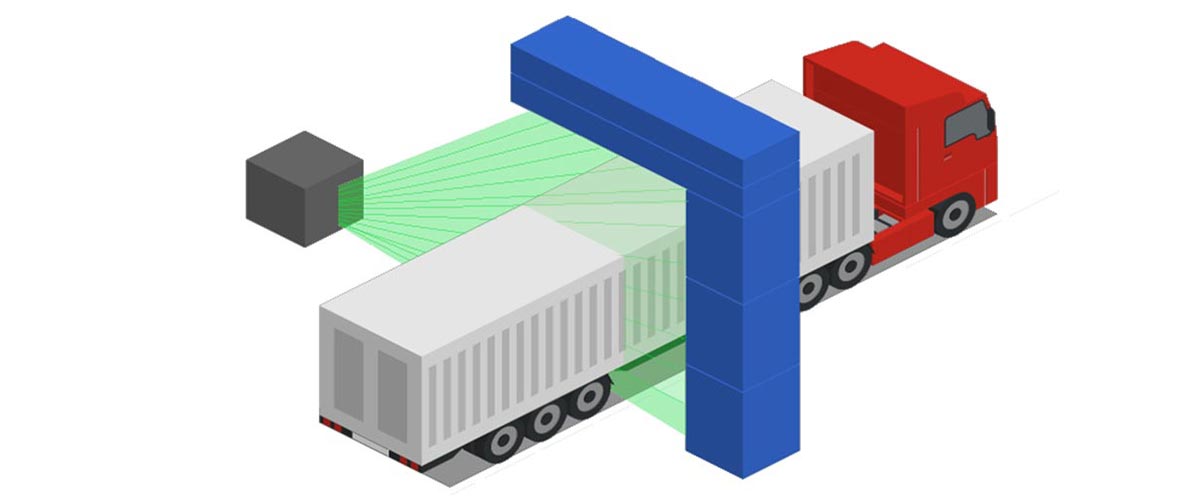
X-ray vehicle scanning principles
In this type of inspection system, the X-ray generator (gray cube in the figure) is designed to emit a fan-shaped beam aligned with an array of X-ray detectors (the blue framework in the figure). X-ray beams pass through the objects and hit detectors located opposite the generator. The detectors measure X-ray beams value and the system produces an image.
Solution
Egyptian Government officials and security consultants were precise on their requirements. Selection of the correct X-ray technology is critical to the success of these security checkpoints since they are the only way of seeing threats hidden inside of the vehicles.
Following a review of the products available on the market, LINEV Systems UK were selected for the supply of all X-ray screening equipment.
Each check point on this project has a combination of high-energy X-ray system DTP 7500LV with 7.5MeV X-ray source, which is capable of successfully imaging large lorries with drivers still in them, and low-energy DTP 200DV with two 200kV X-ray sources and Dual-view capability for other vehicles, like passenger cars and minibuses.
Sometimes the material composition of one superimposed object can affect how the material composition of objects behind it appears in a transmission image. Dual-view technology is designed to eliminate blind spots in scanned images.
Each check point is fully integrated with hanger protection, and equipped with automatic road-barriers. At the request of the customer, the DTP 7500LV systems was also fitted with under-vehicle inspection options.
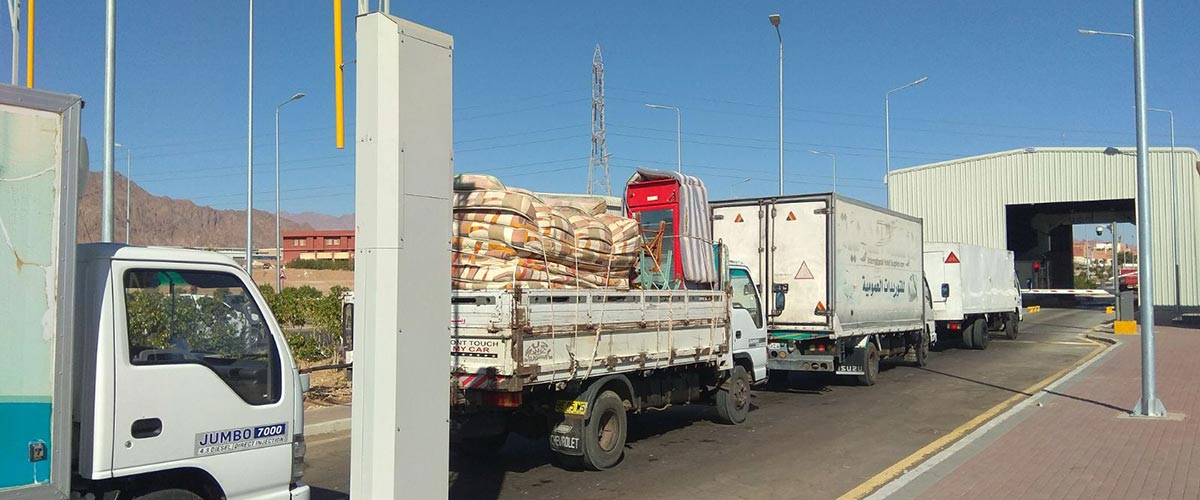
X-ray inspection facilities
Each operator’s control room located near the hangars, is equipped with climate control, CCTV system, server racks with network units and data storage, kitchen and lavatory. The whole system integrates with document image scanners with OCR software, which allows the storage of documents and drivers photo together with the X-ray images.
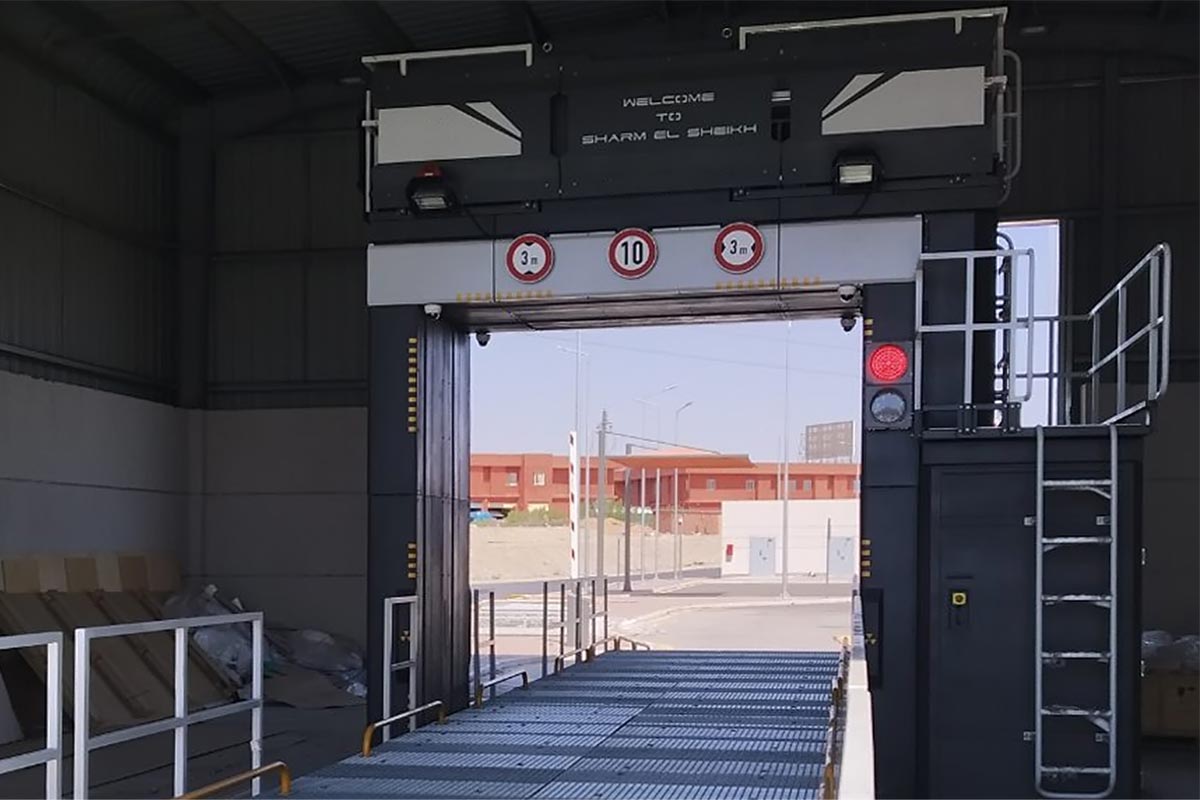
LINEV Systems X-ray inspection system
Results obtained
The results from these installations are game changing and are positively disrupting the smuggling efforts, which include drugs and weapons.
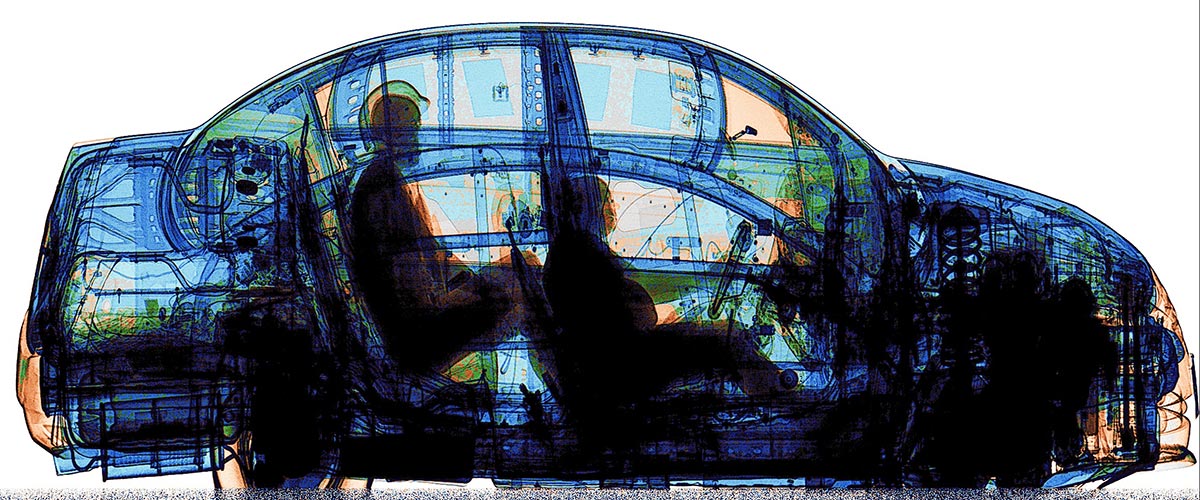
LINEV Systems vehicle inspectin system X-ray image
While single view technology (the most common on the market – lateral-view X-ray inspection system) you can achieve a perfect side-view image, however, dual-view technology leaves little chance for smuggling to be successful – it provides two different views, which noticeably improves detection capabilities, eliminating any ‘blind zones’ within the inspected vehicle or container.
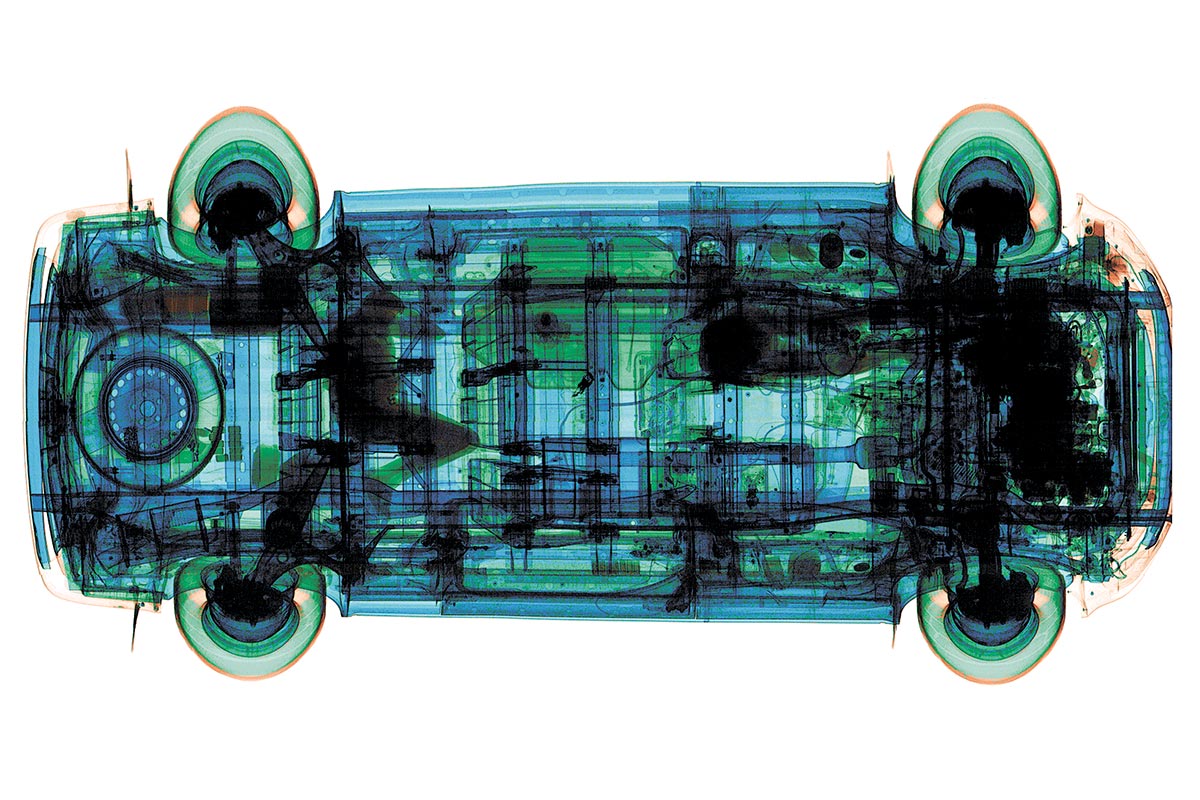
LINEV Systems vehicle inspectin system X-ray image
On top of dual view technology, the LINEV Systems scaners also provide colour coding for material separation (7 colours coding) allowing the operators to distinguish between organic, non-organic and metal materials.
Conclusion
After Egypt implemented these security measures and check points, international flights were seen to open up again, therefore, helping in the fight against Terrorism and organised crime in the area.
